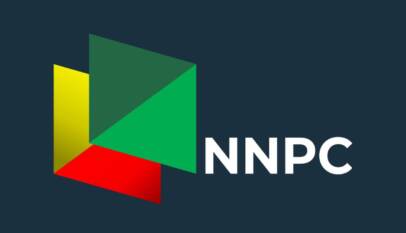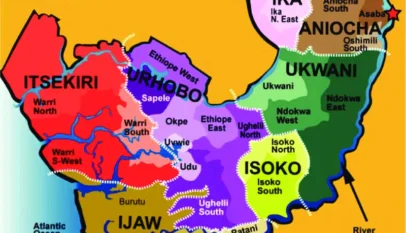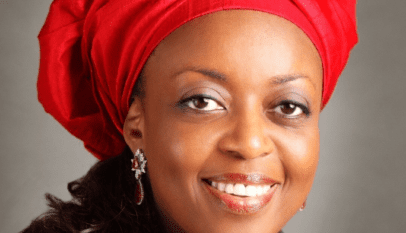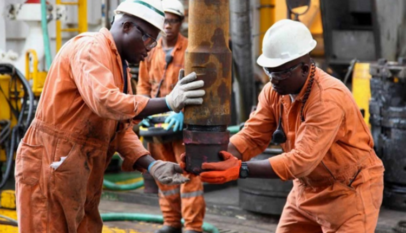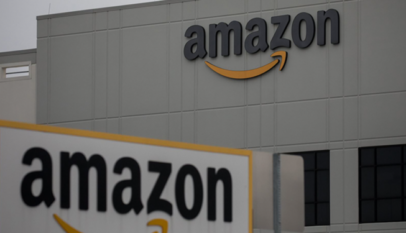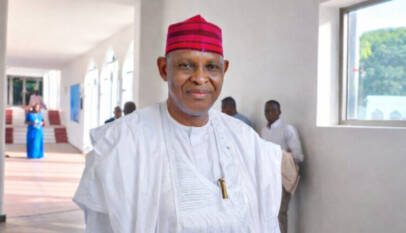Chevron Nigeria Limited (CNL) has restated its dedication to sustainable development and local capacity building, announcing that it now offers over $1 billion in annual local contract opportunities while achieving a 97 percent reduction in routine gas flaring across its operations over the past decade.
Speaking at the Nigerian Union of Journalists (NUJ) Media Capacity Building Programme held in Warri on Tuesday, Chevron’s General Manager, Corporate Affairs, Mr. Olusoga Oduselu—represented by Akinbola Praise—highlighted the company’s ongoing efforts in community development, media empowerment, and environmental sustainability.
CNL seeks to make human investments that deliver long-term, transformative returns. Through investments in gathering and processing of associated gas, routine flaring has been reduced by over 97 percent in the past 10 years,” Oduselu said.
He added that Chevron’s local content strategy continues to create jobs and business opportunities for Nigerians, with local contract engagements exceeding $1 billion annually.
The workshop focused on the role of the media in implementing the Petroleum Industry Act (PIA), particularly in fostering stronger relationships between international oil companies (IOCs) and host communities.
Delivering a lecture titled “PIA: Roles of the Media in Educating Host Communities,” Professor Majority Oji of Delta State University, Abraka, emphasized the importance of journalists in enlightening host communities about the provisions and benefits of the PIA. He urged the NUJ to take the lead in promoting awareness and understanding of the Act across the Niger Delta.
Similarly, Dr. F. Atubi, also of Delta State University, called for greater media engagement in managing host community relations, noting that journalists play a vital role in “educating communities, reporting grievances before they escalate, and holding oil companies accountable for their Corporate Social Responsibilities.”
Technology expert, Philip Nwosu, in his presentation, advocated for the adoption of artificial intelligence in journalism, saying it enhances efficiency, trust, and productivity, though he cautioned that “AI can still make mistakes.”
The programme, which forms part of Chevron’s broader initiative to train and empower over 400 journalists nationwide in 2025, reflects the company’s growing partnership with the Nigerian media to promote transparency, accountability, and sustainable community development.


